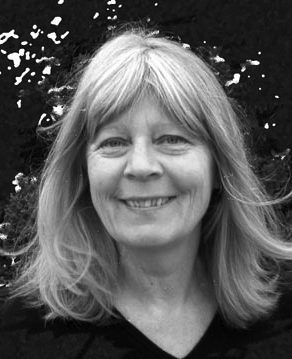IDA (shown in Bay Area Theaters), beautifully shot in black and white, tells the story of a young novice, not quite nun yet, in Poland around 1960, who has to confront her Jewishness before taking the vows. THE LAST MENTSCH (shown at the SFJFF) describes the journey of a concentration camp survivor who needs proof of his Jewish identity in order to get a spot at a Jewish cemetery. Both, Ida and the old man, are searching for their Jewish identity in a hostile environment. The old man, driven by a young, impudent Turkish woman to his birth place in Hungary, needs a rabbi’s signature that confirms his Jewishness. But all he finds are officials who go by the books and do not accept either the concentration camp number tattooed on his forearm, nor his memories. They want a living Jew who can testify his identity. (No DNA testing offered to him). Ida, on her quest for her parent’s grave, is led by her aunt, a lawyer for communist Poland, who fends off her memories of prosecution and murder with alcohol and eventually suicide in one of the most powerful performance I have seen lately.
Ida, however, chooses the convent as refuge from a the horrible past she is too young to remember and a bourgeois future with house, baby, and dog that her boyfriend is projecting for them. A jazz musician in 1960 grey Poland, playing American music in small venues, is already anticipating the “Wirtschaftswunder”. A brief film, with a story so spare and truncated that we have to fill in half of it ourselves. Why is Ida saved when the rest of her family is slaughtered by the greedy son of the neighbor who had been their savior? We will find the answer in THE LAST MENTSCH: “There is always a survivor,” says the rabbi to the old man (portrayed impressively by 80+ year old Mario Adorf) who has lost everybody. On his quest to find that last survivor more and more details are dug up, more and more weird characters introduced, like a Greek junk yard owner who does remember him, but he is not Jewish. Then we meet a blind woman, part sorcerer part clairvoyant, played by Hannelore Elsner. From there on things fall apart. It all ends with the concentration camp number tattooed on the young Turkish guide’s forearm. A fashion statement for the last survivor? Less would have been more in this film that starts out witty and focused but then tries too hard to get us emotionally geared up by adding too much, even a T to Mentsch – I have never seen it written that way.



